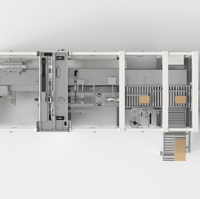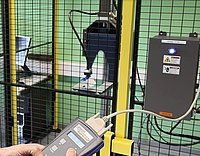Data Management Roadmap
Step 1: Stakeholders and User Requirements Specifications
Poorly handled evaluation efforts create serious issues during every step of your implementation. Proper conceptual preparation is key since ill-defined requirements may lead to delayed completion. Get input from all stakeholders: from IT, process development, manufacturing science to quality and operations. You should carefully check all legacy systems to be integrated and which data analytics functionality is required. Systems interfacing to bioprocess data management and analytics platforms should also be examined. These systems include:
- Process Control Software
- Laboratory Information Management Systems (LIMS)
- Electronic Lab Notebooks
- Historians
- …
The right implementation strategy ensures that you are better prepared by maintaining focus on the original scope of your project and guarantees that your employees are properly trained and prepared. Designing a user requirement specification involves mining relevant data streams and classification in relevant and nonrelevant data streams regarding your company's KPIs. But don't forget that data management is not an end in itself: Carefully evaluate your data analytics requirements that you envision to reach your goals.
Step 2: Executing Implementation
Implementation can be executed as a single-step implementation or step-by-step implementation. The single-step Software Implementation can be ideal for smaller operations and businesses with up to 100 users. All users are required to migrate to the new system at once. This allows you to focus on your project scope and implementation parameters by offering simple and straightforward handling of your processes.
Migrating to a new system step-by-step allows you to implement certain key features earlier while ensuring that possible complications are isolated from working processes. While this approach is more flexible than the single-step implementation, it may take longer. You can find more on data management and analytics implementation strategies here.
Step 3: Data Migration
The proper handling of data migration is another important aspect to consider. Evaluate data migration from all sources (legacy databases, spreadsheets, paper-based recordings, etc.). For paper-based documents, evaluate technologies such as optical character recognition (OCR) and document crawling. Migrating all available data into the new system leads to immediate user acceptance after successful data management and ensures working efficacy.








